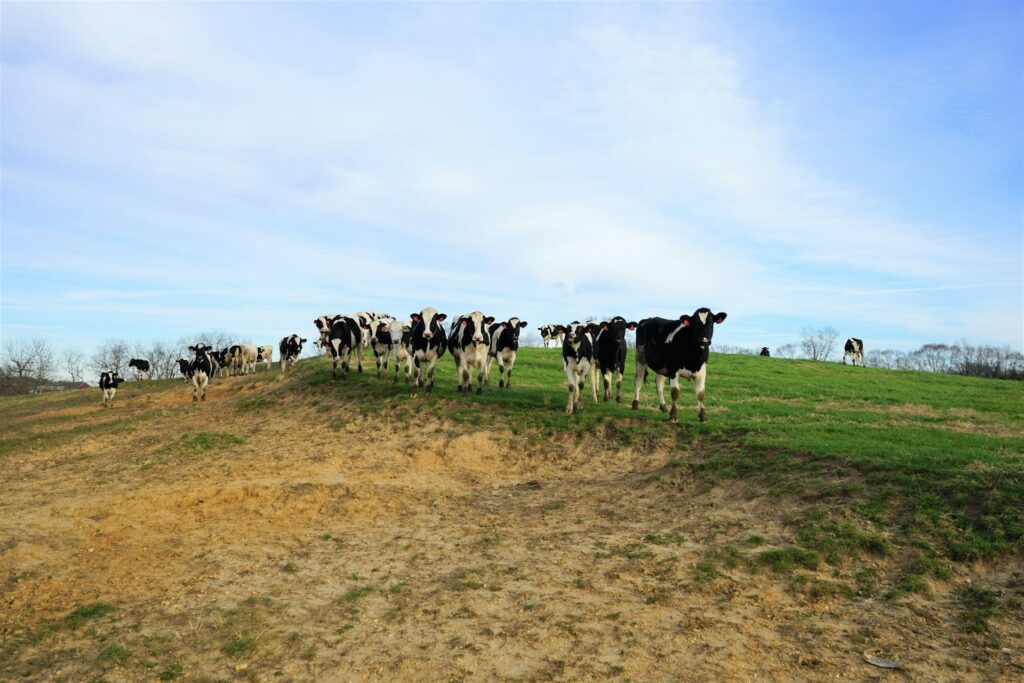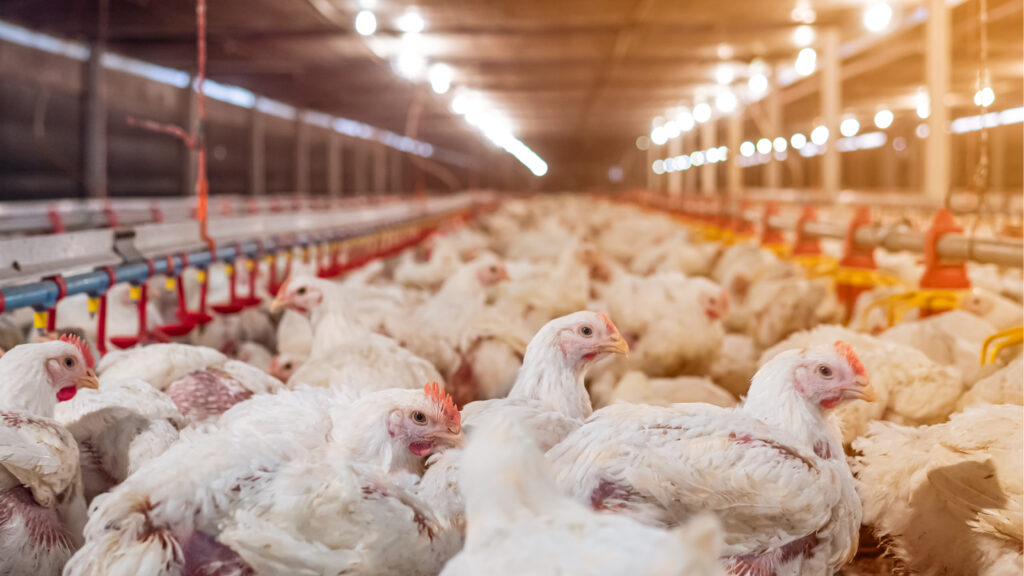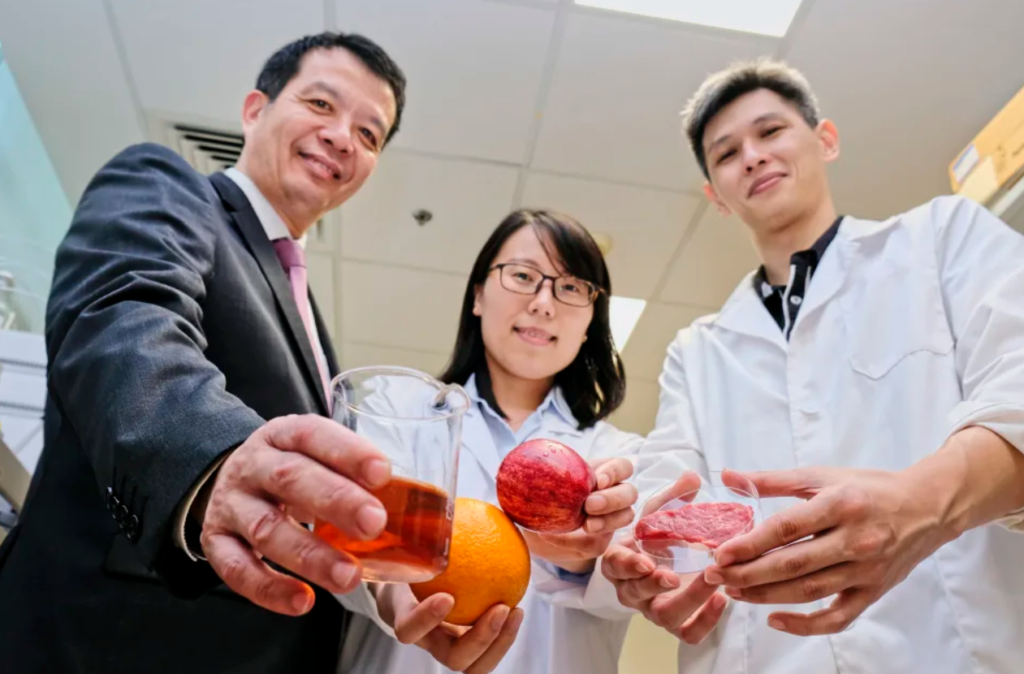
Feeding the Future: Careers in Alternative Proteins
Imagine a career where your daily work helps solve some of the world’s most urgent challenges—the climate crisis, food insecurity, biodiversity loss, and antibiotic resistance—while advancing a sustainable, secure, and just food system that feed 10 billion people by 2050.
Alternative proteins are at the forefront of this transformation, harnessing science and innovation to produce meat, eggs, and dairy without the environmental footprint of conventional animal agriculture.
If you’re looking for a career that matters, look no further.

What are alternative proteins?
Alternative proteins—meat made from plants, cultivated from animal cells, or produced via fermentation—are designed to taste the same as or better than conventional animal products while costing the same or less. Compared to conventionally produced proteins, alternative proteins require less land and water and generate fewer greenhouse gas emissions, pollution, and other public health risks. There are three main types of alternative proteins:

Plant-based meat is designed to look, cook, and taste like conventional meat but is better for the planet, people, and animals.

Cultivated meat is produced directly from
animal cells grown in bioreactors (similar to the fermentors used for brewing beer), eliminating the need to raise and farm animals for food. Cultivated meat is identical to conventional meat at the cellular level but has the potential to be produced far more sustainably.

Fermentation uses microorganisms to produce alternative proteins and is divided into three types. Traditional fermentation is how beer, wine, yoghurt, and cheese are made. Biomass fermentation leverages the fast growth and high protein content of microorganisms to efficiently produce large quantities of protein. Precision fermentation uses microbial hosts to produce specific ingredients used in plant-based and cultivated meat.
How you’ll make a difference
Find your fit
Whether you’re a scientist, engineer, policy professional, university student or recent graduate, the alt protein field offers a range of impactful career opportunities aligned with your background.
Read on to discover the diverse roles and skills most in demand within the rapidly growing industry!

Plant-based meat sector
The PBM industry is growing rapidly, driven by increasing consumer demand for secure and sustainable food options.
To continue this growth and innovation, the industry needs talented professionals from various fields, including food science, nutrition, culinary arts, agricultural science, and food engineering. Experts in plant protein extraction and processing, flavour development, and food texture engineering are particularly crucial to improving the quality and appeal of PBM products.
Additionally, marketing, regulatory compliance, and supply chain management are essential to bringing these innovative products to market.

Cultivated meat sector
The cultivated meat industry is quickly evolving and requires a diverse talent pool to drive innovation, bring products to market, and reach commercial production, ensuring that products are safe, affordable, and accessible to consumers.
Professionals from various disciplines, including bioprocess engineering, molecular biology, tissue engineering, food science, and regulatory affairs, are essential to overcoming the technical and logistical challenges involved.
Expertise in cell culture, bioreactor design, scaling up production processes, and ensuring food safety and quality is critical for the industry’s success. Additionally, interdisciplinary collaboration is vital to integrate advancements from biotechnology, material science, and food technology.

Fermentation sector
The fermentation-derived alternative protein field is at the forefront of food technology innovation, requiring a diverse array of skilled professionals to drive its progress.
Talented individuals with expertise in microbiology, molecular biology, biochemistry, and chemical engineering are essential for optimising fermentation processes and engineering strains for higher yields and better performance.
Additionally, food technologists, process engineers, and quality assurance experts are needed to scale up production and ensure the consistency and safety of the final products.
Marketing professionals, regulatory specialists, and supply chain managers also play critical roles in bringing these novel products to market.



